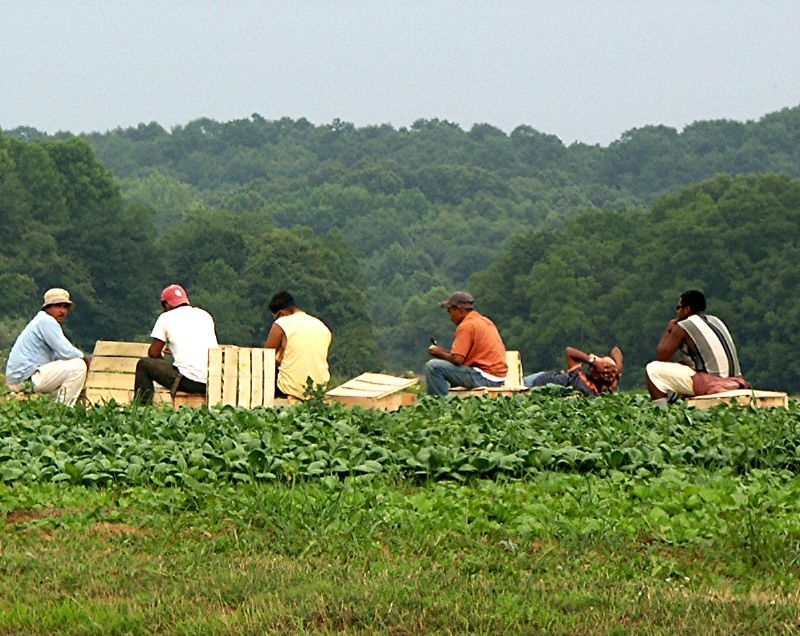Oregon’s agricultural community could face a severe lack of labor in light of the Trump administration’s tough stance on immigration.
Gail Greenman, Oregon Farm Bureau Director of National Affairs, said farmers and ranchers are “fearful” they will not be able to hire enough laborers during busy periods, such as harvest time.
“It is already hard to get labor for specific crops. It will be even harder now,” said Greenman.
The state’s agricultural sector depends mostly on migrant workers, a portion of which the bureau knows are undocumented, said Greenman.
Farmers and ranchers have to rely on migrant workers because few U.S. workers apply for positions. “It is hard and intensive work,” she said.
Contrary to broadly held opinion, it is also highly skilled labor. It can take a lot of experience, for example, to learn how to pick berries quickly and efficiently while not damaging the fruit.
These are skills that are not “necessarily easily transferable,” said Greenman.
President Donald Trump has taken several controversial steps on immigration, from imposing a recent travel ban on individuals from seven predominantly Muslim countries to cracking down on “sanctuary cities” that protect undocumented immigrants.
A federal visa program, known as the H-2A Temporary Agricultural Workers, allows farmers to hire migrant workers through a formal vetting process.
But Greenman said the program has a number of drawbacks, including excluding growers that need full-time workers as well as farms with livestock.
Trump’s stance on immigration creates uncertainty for sectors across the economy that rely on foreign workers.
“It is hard to know” what will happen to the farming sector, says Greenman. “I have not been in this environment before with this number of executive orders.”


